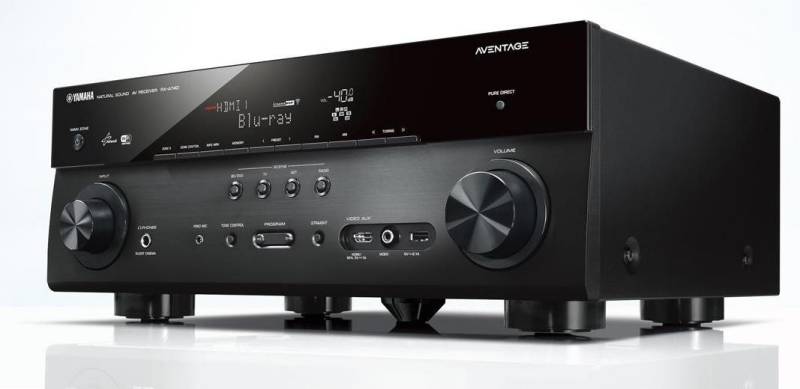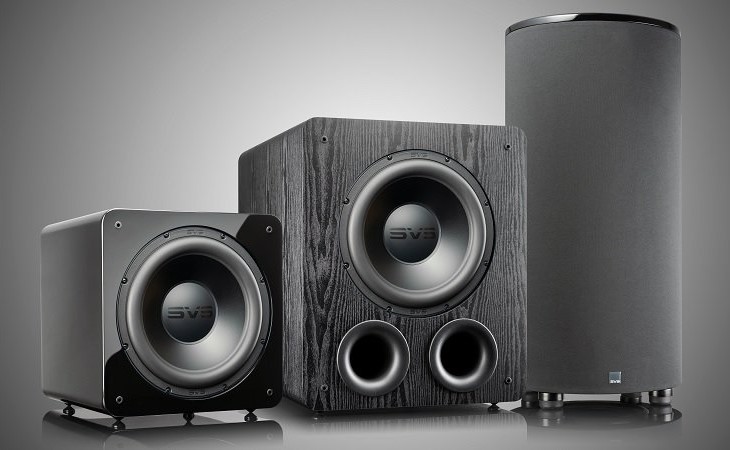Why Don’t People Recommend That Brand Anymore?
Home theater gear isn’t something that most people often buy. It is a once-in-a-decade (or less) purchase. You buy a TV, maybe a soundbar or an HTiB system, and you are done. At least until something breaks. When it does, you might consider upgrading more than one component depending on how technology has advanced. When those shopping events occur, you may find that the brands you’ve known and loved, the ones that you’ve been using all those years, are no longer in favor. People actually talk them down! Like they aren’t good or something! Why? Why don’t people recommend the brands you recognize anymore?
Some Home Theater Equipment is Highly Volatile
Some home theater equipment gets updated very often. TVs and AV receivers come to mind. Other devices get updated often, but maybe not every year. Streaming boxes are a good example. As new iterations of these devices are released, enthusiasts compare them closely. They look not only at the features but the price and relative power. A brand that was recommended can quickly fall out of favor if people find that another brand has better “bang for the buck.”

Some Home Theater Equipment Doesn’t Upgrade Often
Other AV equipment doesn’t upgrade so quickly. Speakers and subwoofers see line refreshes sometimes every couple of years and sometimes much longer. As a technology matures, it becomes less important to release new offerings because there are no new features to implement. Speakers haven’t fundamentally changed that much in decades. If you sell a good-sounding pair of speakers, they probably still sound good.

The life cycle of these AV offerings is different than the equipment that updates every year. Occasionally, a company (new or established) will release a brand-new product line. They’ll pay for a lot of marketing and send out a lot of review samples. This will inevitably get the Internet talking about them and some people very excited about the product. With time and a little perspective, the hype over these new products will usually subside and the older products will usually never completely go out of favor.
We also find that specific corners of the Internet seem to have preferences. While one forum may love Klipsch speakers, another may have rules against recommending them. No matter which forum you join (or trust), you’ll probably end up with decent speakers. But there are always people out there that wouldn’t recommend your brand. That doesn’t make the brand bad.
Is Brand Loyalty Bad?
You’ve used a loved brand in the past, does that mean that you can’t buy it again? Of course not. But there is a reason that brand isn’t recommended by people anymore. They aren’t offering the latest features or they are overpriced for what they are offering. Many times, brands count on loyalty to continue sales long past the time when they have relevant products. Sony, for example, hasn’t made a relevant AV receiver in years. Maybe decades. But they still make them and people still buy them. We have no problems with other Sony products, but you’ll never see us recommend one of their AV receivers. At least until they decide to offer something competitive.
Wrap Up
It is important to note that these changes in preferences don’t diminish the quality of the brand that you’ve purchased in the past. For example, the year before Yamaha released their Aventage line of AV receivers, their receivers were universally panned. They were more expensive than other brands and didn’t have nearly the features at similar price points. Then they released the Aventage line and all that changed. If you bought an AV receiver the year before the Aventage release, you probably heard a lot about Onkyo or Denon. If you bought the year Aventage was released, you probably bought a Yamaha. Either way, you got a top-of-the-line AV receiver for the year it was released. Just because people stop recommending a brand, doesn’t mean that the previous offerings were somehow inferior when they were new.
The most important thing to note is that AV equipment, for the most part, can be mixed and matched. There is no real reason to stick with one brand over another. Any AV receiver will work with any TV and nearly any set of speakers. There are exceptions, of course. That’s why you’ll find offerings with proprietary connections universally reviled by enthusiasts. If you really want to stick with a brand, you can. You might not get the best deal or the latest features, but who cares? It’s your money. Who are people on the Internet to tell you how to spend it?


